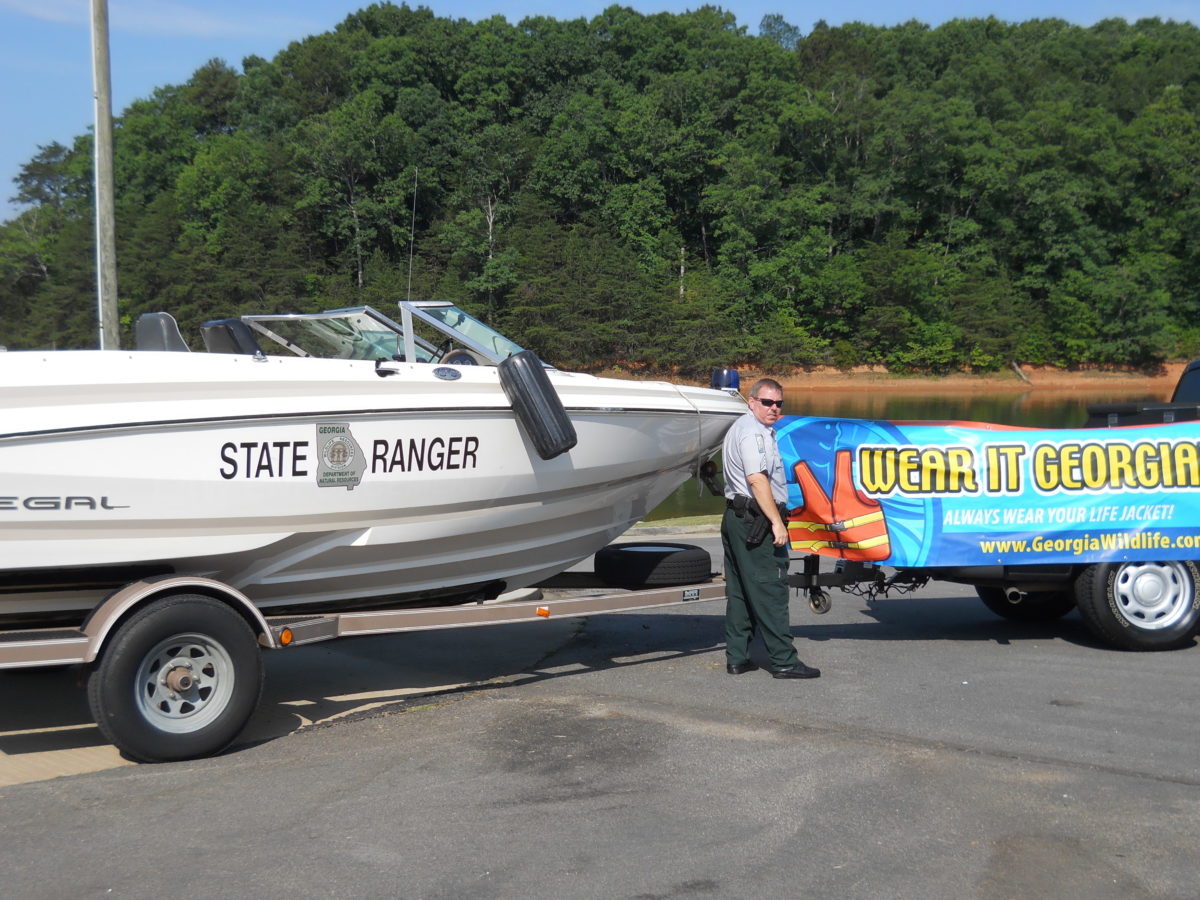
Georgia’s Department of Natural Resources’ Wildlife Resources Division encourages you to make safety a priority this Fourth of July holiday.
“We understand the urge to celebrate during the holidays. But, do not let the excitement of being out on the water deter you from your responsibility to your passengers and others on the water,” said Lt. Col. Jeff Weaver. “Your knowledge of boating rules and regulations is critical to ensure that everyone comes home safely at the end of the day.”
So far this year in Georgia, 25 boating incidents have resulted in 15 injuries and five boating incident-related fatalities. Additionally, there have been 14 drownings on public waters. Conservation rangers have issued 82 boating under the influence citations statewide.
Check list for boat and personal watercraft (PWC) operators:
- Designate an operator – CHANGES! Do not drink and operate a boat. Georgia law has changed to move the blood alcohol content level to .08 to match Georgia driving law.
- Take a boating safety course. Visit www.goboatgeorgia.com/boating/
education for course listings. - Wear a life jacket – CHANGES! Children under 13 years of age are required by law to wear a life jacket while onboard a moving vessel, but it’s recommended for EVERYONE to wear a life jacket.
- Don’t overload your boat with people or equipment. Check the capacity plate for the maximum weight or the maximum number of people the boat can safely carry.
- Use navigation lights at ALL times when on the water at night. Check lights before it gets dark.
- Watch your speed. The 100-foot law applies to ALL size vessels and prohibits operation at speeds greater than idle speed within 100 feet of any vessel, unless overtaking or meeting another vessel in compliance with the rules of the road.
- Do NOT jump the wake of another boat with your PWC.
- Pay attention to your surroundings and make sure you stay well clear of other vessels.
- Know Georgia’s age requirements for PWC operation.
- Make sure everyone who operates your PWC is aware of boating laws and how to safely operate a PWC. As the owner, you can be held responsible.




